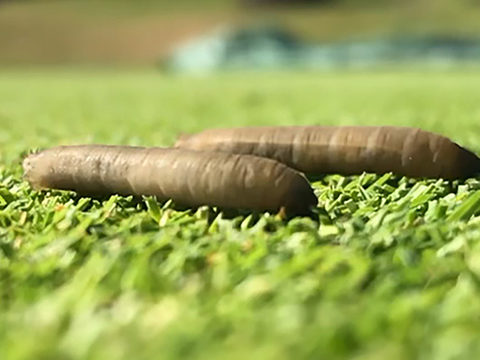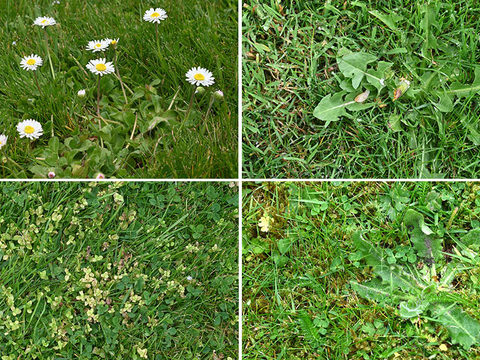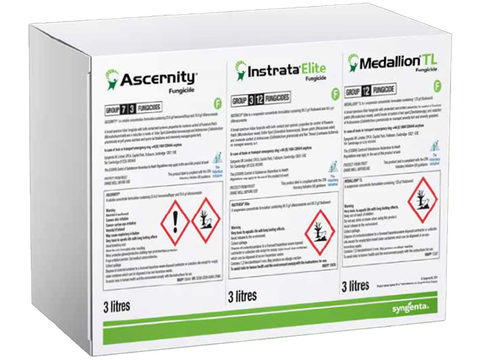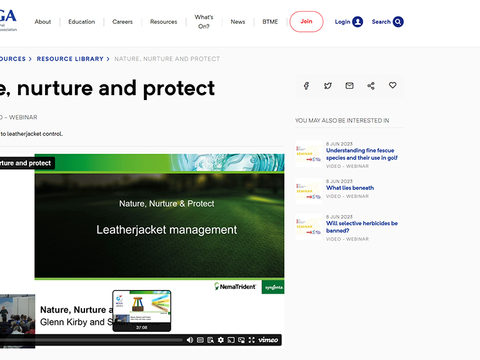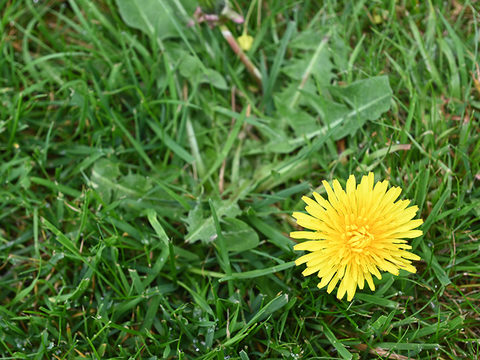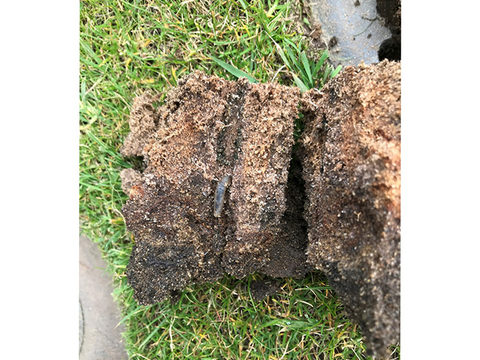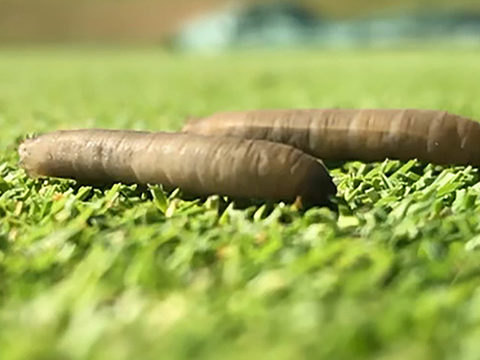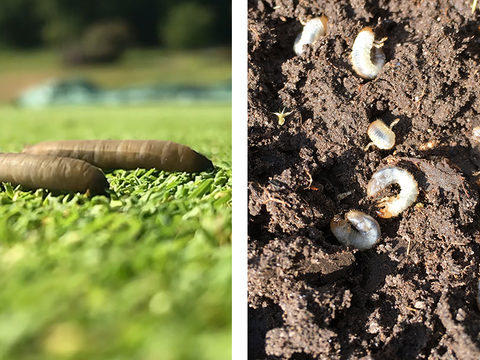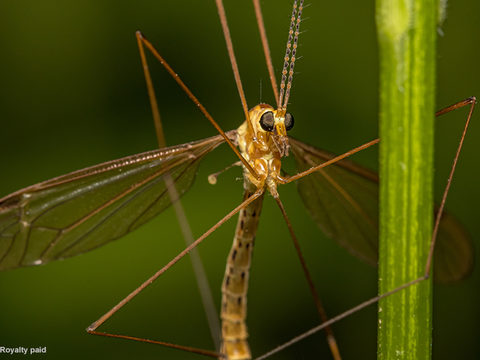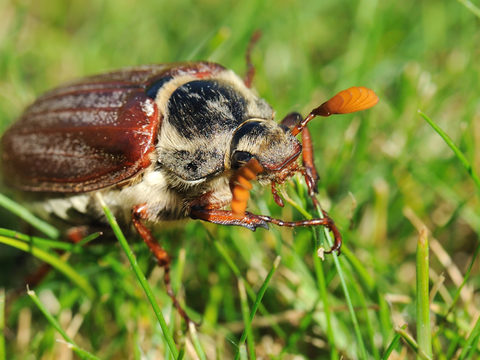Later timing for new leatherjacket Acelepryn Emergency Authorisation
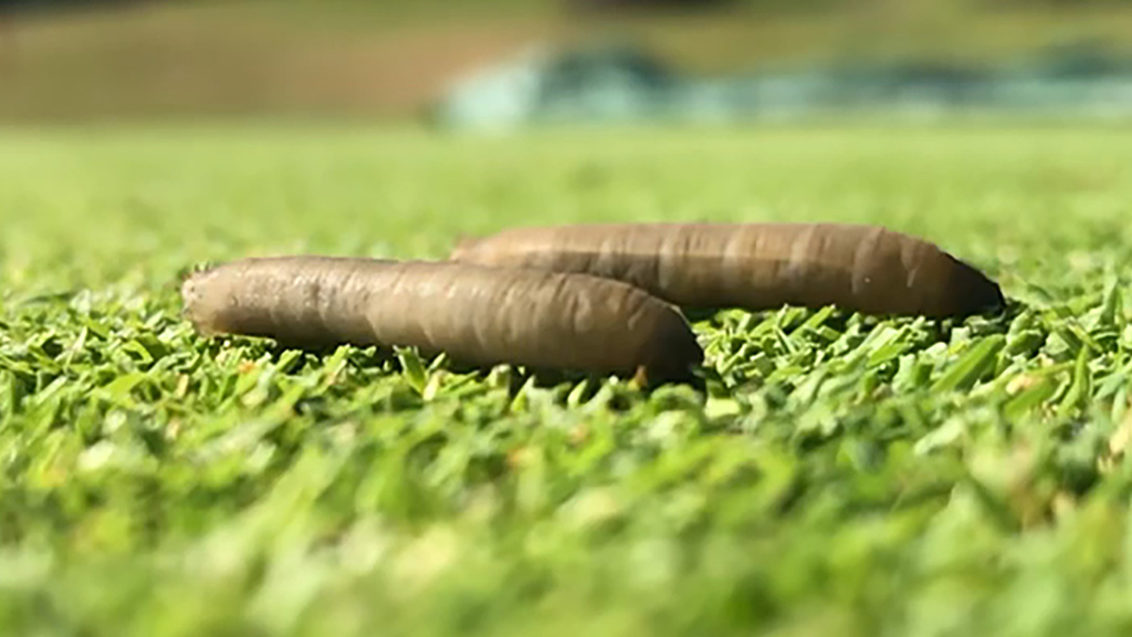
The 2021 Emergency Authorisation period for the purchase or use of Acelepryn is now closed. Information provided in these pages is solely for reference and regulatory compliance records for those who have previously purchased and used the product.
Please check back for details if any future Emergency Authorisation should be permitted.
In the autumn of 2021 the Emergency Authorisation (EA) treatment period for the use of the Syngenta insecticide, Acelepryn, for leatherjackets was permitted up until 29 November 2021, on affected greens, tees and fairways, along with horse race courses, training gallops and airfields.
“The extended application period does allow a longer window of treatment to target larvae activity from later hatching crane fly at the most appropriate timing,” according to ICL Technical Manager, Henry Bechelet, who applied for the Emergency Authorisation on behalf of the industry.
New Syngenta research has been investigating the optimum application timing in challenging situations, particularly where larvae activity may be occurring later in the season. It has also looked at the role of integrated measures to mitigate against leatherjacket damage, including adapting aeration and renovation strategies.
Leatherjackets cause damage to turf through feeding on roots and leaves – typically resulting in pock-marked and uneven surfaces, which can be severe in localised patches, Mr Bechelet pointed out. Racecourses and horse gallops are especially prone to surface instability where root damage is caused by soil pests.
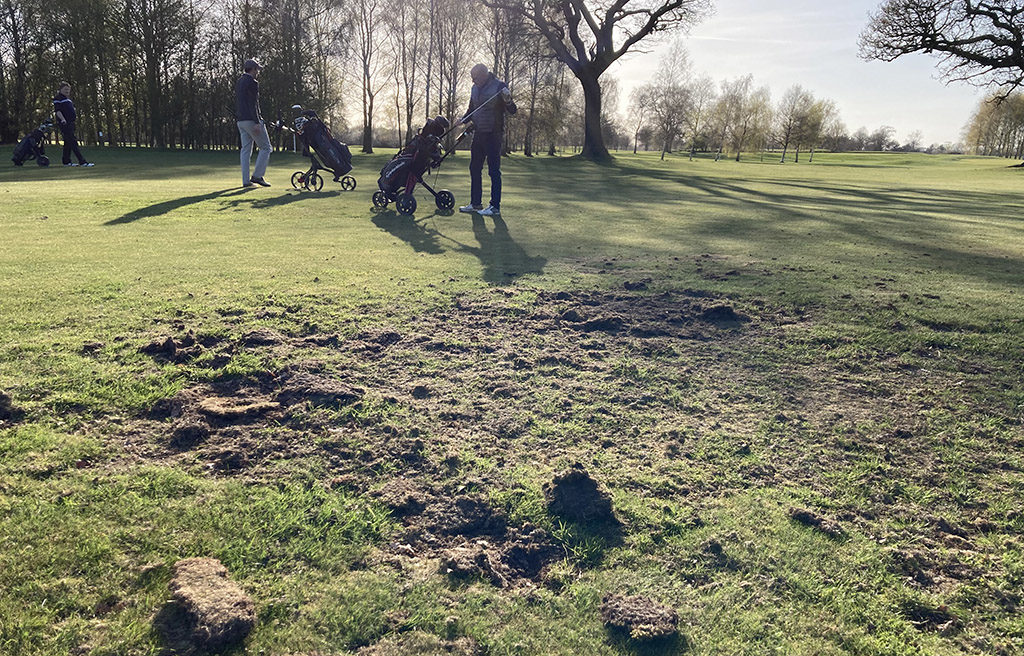
Furthermore, extensive damage can occur in all turf surfaces when badgers, birds and other foragers root through turf in search of leatherjackets. Flocks of birds attracted to feed on larvae are of particular concern on airfields.
Leatherjackets are the larvae of crane fly (daddy longs legs). Adults typically emerge from July, although hatching may be extended into the autumn depending on weather conditions.
“The extension of use to the end of November could prove extremely useful to target later emerging leatherjackets,” added Mr Bechelet.
He reminded turf managers and agronomists that all orders must be received by ICL in time to to enable necessary stewardship records and delivery. Acelepryn users can submit online stewardship records of areas treated, via the ICL website.
The new leatherjacket EA supplements the chafer grub specific authorisation announced in earlier this year.
Syngenta Technical Manager, Glenn Kirby, advised the best results have been achieved with applications when young leatherjackets, at the 1st and 2nd instar stages, are actively feeding near the soil surface.
“It’s important to apply at higher water volumes, using the white O8 XC Nozzle to target the spray through to the soil surface,” he advised. “Irrigation, where possible, will help to move the spray into the target zone.”
The authorised label permits application at the rate of 0.6 litres per hectare, applied in 500-1000 l/ha water. Only one application per year is permitted on any given area.
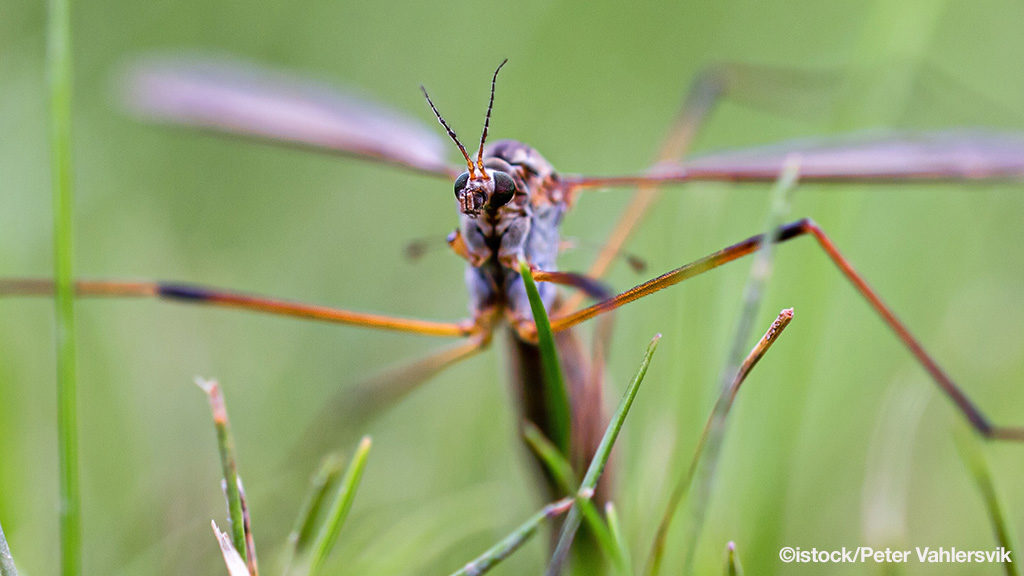
Greenkeepers and turf managers are urged to report sightings of crane fly activity through the on-line Pest Tracker. The aim is to build a picture of pest activity across the UK and Ireland, to anticipate issues and aid application timing.
For further information on best use guidelines where chafer grubs and leatherjackets have caused economically damaging effects contact an ICL Area Manager or BASIS agronomist:
ICL Area Managers for Acelepryn enquiries: | |
Scotland Jamie Lees 07500 992464 | North/East Craig Lalley 07824 528252 |
Midlands/West Emma Kilby 07748 111965 | South East/East London Andrew Pledger 07387 056659 |
South/London/Channel Islands Darren Hatcher 07787 697684 | South West/West London Nick Martin 07900 666691 |
North West Phil Collinson 07824 473699 | South/Central Matt Nutter 07810 656240 |
Alternatively contact Syngenta UK Technical Manager: |
Glenn Kirby 07483 333964 |





